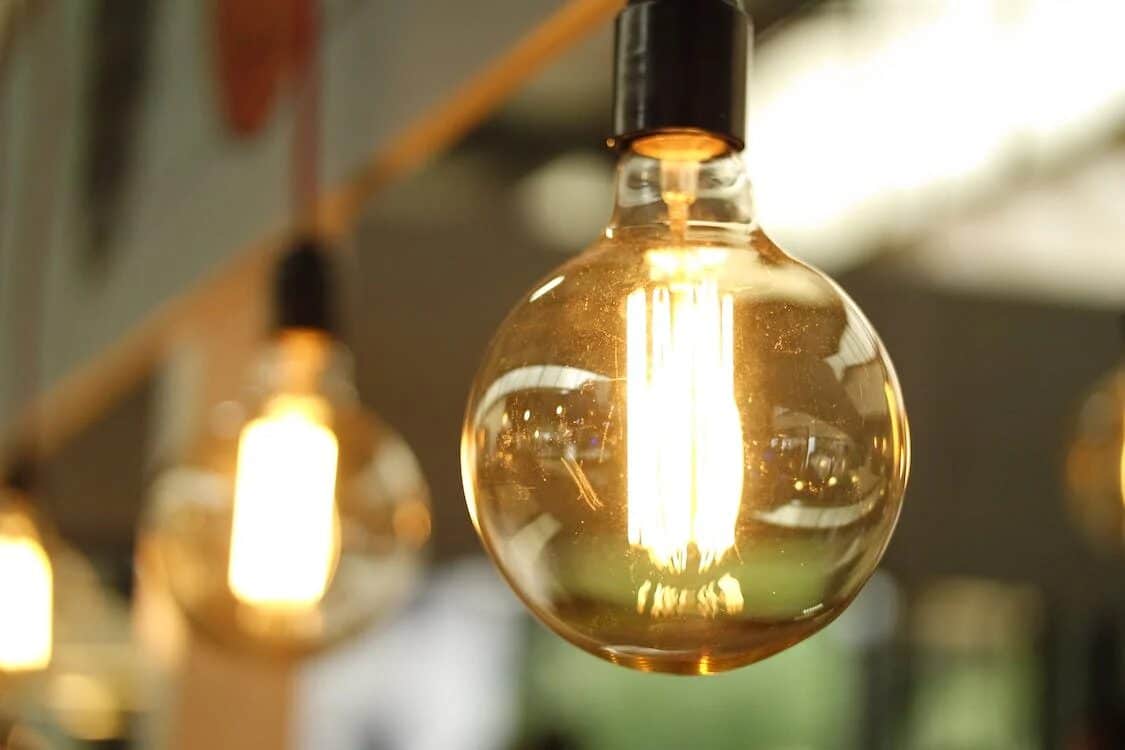In the vast and varied landscape of Canada, where weather conditions can range from the extreme cold of the Arctic to the milder climates of the coastal regions, being prepared for power outages is not just a convenience, it’s a necessity. A reliable generator can be a lifesaver during unexpected blackouts or in areas where the power grid is less stable. However, choosing the right generator for your Canadian home is not a decision to be taken lightly. It requires understanding your power needs, the types of generators available, and their performance in the diverse Canadian climate.
For more detailed insights and expert advice, visit generatorexperts.ca.
Table of Contents
Understanding Your Power Needs
Before diving into the types of generators, it’s crucial to assess your power needs. List the essential appliances and devices you need to run during a power outage. This list might include the refrigerator, heating system, lights, water pump, and essential medical equipment. Each appliance has a wattage rating, and the total wattage required will determine your desired generator size. Remember to account for starting wattage (the extra power needed to start an appliance) which is often higher than the running wattage.
Types of Generators for Canadian Homes
Portable Generators
Portable generators are a popular choice for many homeowners due to their affordability and convenience. They are ideal for powering essential appliances and can be easily stored when not in use. However, they require manual operation and must be placed outdoors due to carbon monoxide emissions.
Standby Generators
Standby generators are a more robust solution, offering automatic power backup for your entire home. They are permanently installed and can run on natural gas or propane. While more expensive than portable models, standby generators offer greater convenience and power capacity, making them suitable for longer outages.
Inverter Generators
Inverter generators are known for their quiet operation and fuel efficiency. They are ideal for powering sensitive electronic devices due to their stable power output. These are perfect for smaller homes or for those who need to power fewer devices.
Climate Considerations
The harsh Canadian winters pose a unique challenge for generators. Cold temperatures can affect battery performance and fuel viscosity. Opt for a generator with a cold weather kit to ensure reliable performance in freezing conditions. Additionally, consider the noise levels in a densely populated area to avoid disturbing neighbors.
Fuel Types and Availability
Generators are versatile machines that can run on various fuel types, including gasoline, diesel, propane, or natural gas. Each of these fuels has its own set of advantages and considerations. Gasoline and diesel are the most commonly used fuels for generators. They are widely available at gas stations and easily stored in portable containers.
However, these fuels have their drawbacks, particularly in terms of storage. Gasoline and diesel can degrade over time, making them less suitable for long-term storage. This is a crucial factor to consider, especially for emergencies when the generator is not in regular operation.
In contrast, propane and natural gas are excellent alternatives, each with unique benefits. Propane has a longer shelf life than gasoline and diesel, making it a better choice for infrequent use. It’s also available in portable tanks, which adds to its convenience. Natural gas, on the other hand, offers the ultimate convenience, particularly for home use. You can directly hook your generator to this source if your home is connected to a natural gas supply.
This eliminates the need for refueling and is particularly beneficial during extended power outages. However, installing a natural gas generator can be more complex and requires professional assistance.
Safety and Maintenance
When it comes to operating a generator, safety should always be the top priority. Generators, by their nature, can be hazardous if not used correctly. It’s imperative to follow the manufacturer’s instructions carefully to avoid accidents. One critical safety aspect is the risk of carbon monoxide (CO) poisoning. Since generators emit CO, a colorless and odorless gas, it’s vital never to use it indoors or in poorly ventilated areas. Installing carbon monoxide detectors in your home can provide an added layer of safety, alerting you to any dangerous CO levels.
Regular maintenance is another key aspect of generator use. Keeping your generator in top condition ensures it’s ready for operation whenever needed, especially during emergencies. Routine maintenance tasks include checking oil and coolant levels, as these fluids are crucial for the engine’s smooth operation. The battery, essential for starting the generator, should be tested regularly to ensure it holds a charge.
Additionally, it’s a good practice to run the generator periodically. This helps maintain the engine, ensuring that all parts are functioning correctly, and allowing you to identify any issues before an emergency arises. Regular maintenance not only prolongs the life of your generator but also enhances safety and reliability.
Conclusion
Choosing the right generator for your Canadian home involves balancing your power needs, budget, and the unique challenges the Canadian climate poses. Whether it’s a portable, standby, or inverter generator, each type has its benefits and considerations. Remember to factor in fuel type, maintenance requirements, and safety precautions.
Investing in a generator is not just about buying equipment; it’s about ensuring peace of mind during power outages and extreme weather conditions. By carefully assessing your needs and understanding the options available, you can make an informed decision that will keep your home powered and your family safe, no matter what the Canadian weather throws your way.





